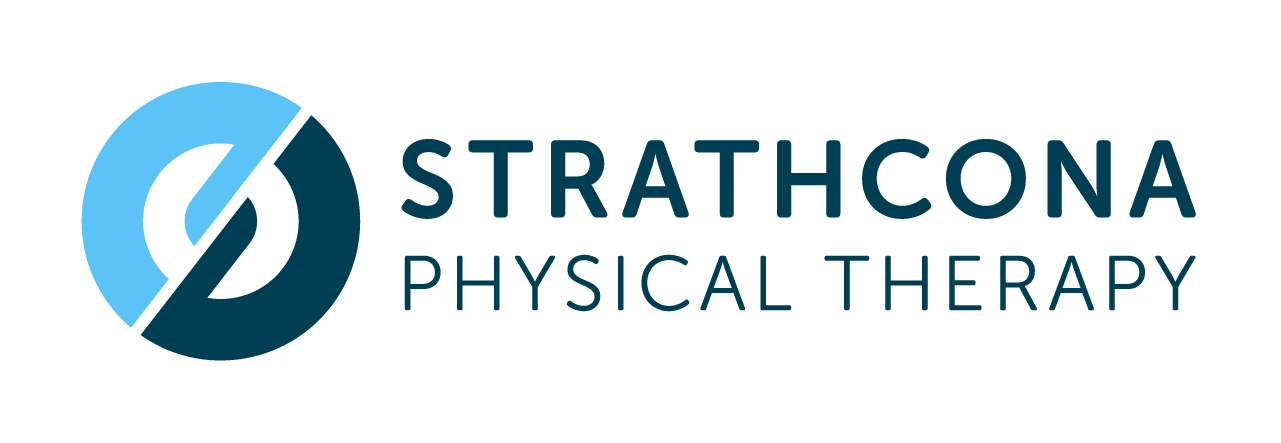Cognitive Functional Therapy for Chronic Pain: Combining Psychotherapy and Physiotherapy
Chronic pain significantly impacts quality of life. Cognitive Functional Therapy (CFT) is an integrated approach that combines psychotherapy and physiotherapy to address both the psychological and physical aspects of chronic pain.
Understanding Cognitive Functional Therapy (CFT)
Cognitive Functional Therapy is an individualized approach that treats chronic pain by addressing cognitive processes, emotional responses, and physical function.
Key Components of CFT
Education and Awareness:
Educates patients about the nature of chronic pain to reduce fear and anxiety.
Cognitive Behavioral Techniques:
Uses techniques to challenge negative thoughts and beliefs about pain.
Functional Movement Training:
Tailors physiotherapy exercises to improve movement patterns and reduce pain.
Behavioral Modification:
Guides patients to resume normal activities gradually and safely.
Emotional Regulation:
Integrates stress, anxiety, and depression management techniques.
Benefits of Combining Psychotherapy and Physiotherapy
Combining psychotherapy and physiotherapy in CFT offers several advantages over traditional pain management approaches:
Holistic Treatment:
Addresses both the mind and body, recognizing the complex interplay between psychological and physical factors in chronic pain.
Improved Pain Management:
Reduces the intensity and frequency of pain episodes by targeting cognitive and emotional aspects of pain.
Enhanced Functionality:
Helps patients regain mobility and confidence, leading to improved daily functioning and quality of life.
Long-Term Benefits:
Equips patients with tools and strategies to manage pain independently, promoting long-term resilience and reducing reliance on medical interventions.
Scientific Evidence Supporting CFT
A growing body of research supports the efficacy of Cognitive Functional Therapy for chronic pain. A randomized controlled trial demonstrated significant improvements in pain, disability, and psychological well-being in patients with chronic low back pain who received CFT compared to those who received usual care . A systematic review found that integrating cognitive and behavioral strategies with physiotherapy can enhance outcomes for chronic pain patients, particularly in reducing pain-related fear and improving movement .
Conclusion
Cognitive Functional Therapy represents a promising advancement in the treatment of chronic pain, combining the strengths of psychotherapy and physiotherapy to address the multifaceted nature of pain. By educating patients, modifying negative thought patterns, and improving functional movement, CFT offers a comprehensive and effective approach to managing chronic pain and enhancing overall quality of life.
For those struggling with chronic pain, consulting a healthcare provider about Cognitive Functional Therapy could be a pivotal step towards recovery and improved well-being.
References:
Vibe Fersum, K., et al. (2013). Efficacy of classification-based cognitive functional therapy in patients with non-specific chronic low back pain: a randomized controlled trial. European Journal of Pain, 17(6), 916-928. Link
Kregel, J., et al. (2017). Structural and functional brain abnormalities in chronic low back pain: A systematic review. Seminars in Arthritis and Rheumatism, 46(2), 210-216. Link
Kent, P., & Laird, R. (2015). The efficacy of combining cognitive-behavioral therapy with physiotherapy/physical therapy for chronic low back pain: A systematic review and meta-analysis. British Journal of Sports Medicine, 49(20), 1315-1323. Link
